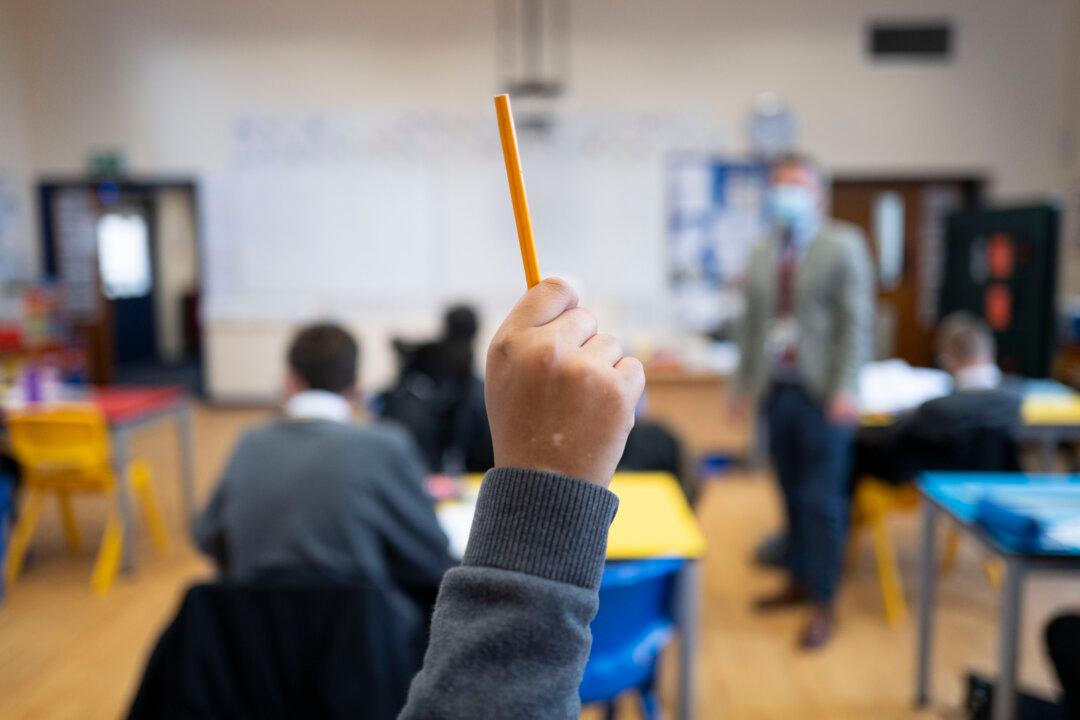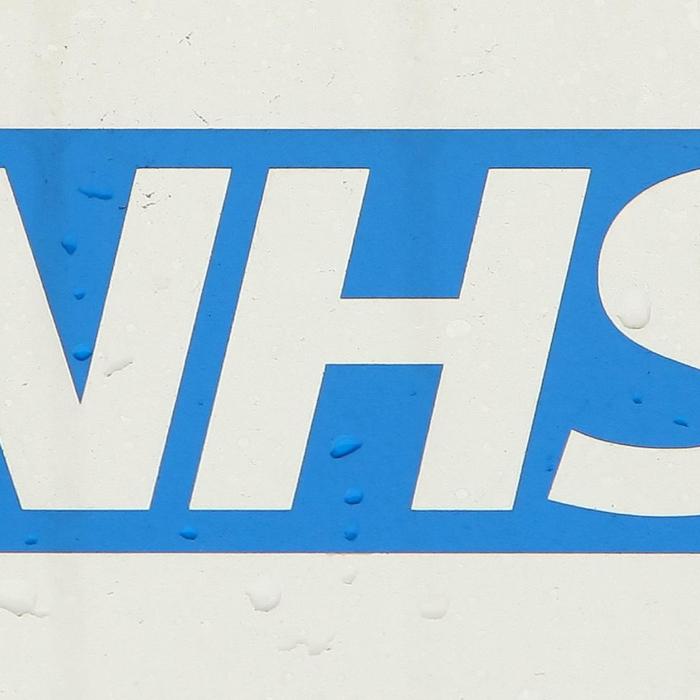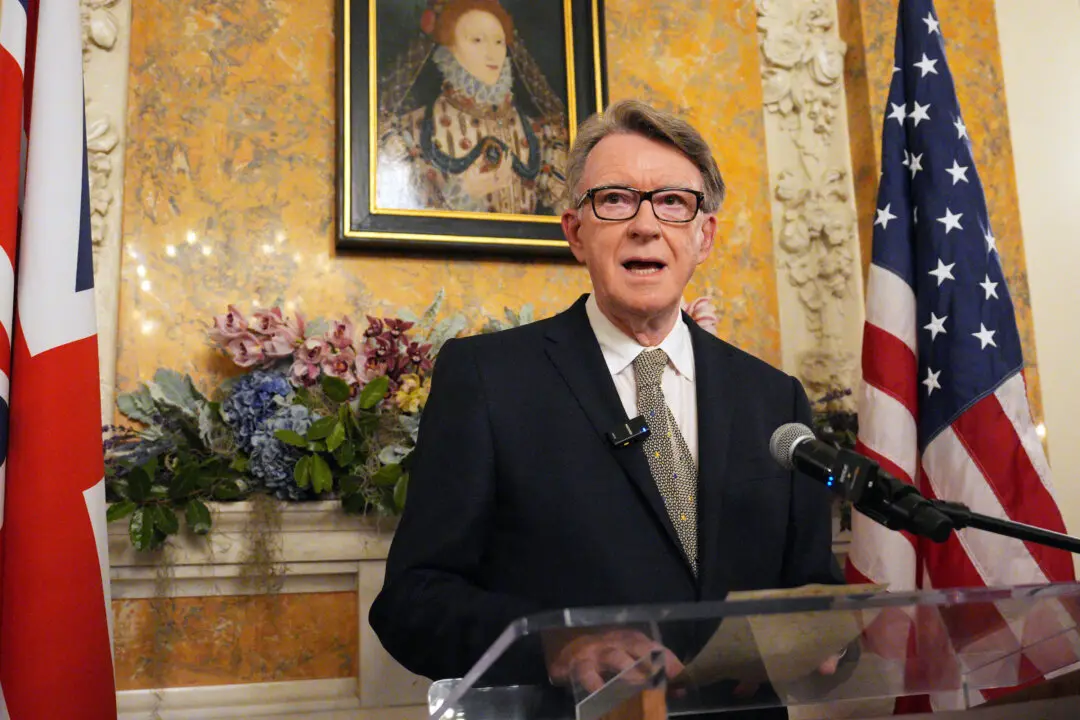Education remains an area of key concern to most voters as the July 4 general election approaches, with the subjects of funding, student debt, teacher recruitment, and curriculum being raised in party debates.
Early Years
Sir Keir Starmer’s Labour Party is pledging an additional 100,000 places in 3,000 new nurseries, created by using empty classes in primary schools.Prime Minister Rishi Sunak’s Conservative Party has pledged to continue providing up to 30 hours of free childcare from 9 months up to school age for working parents, a policy supported by Labour.
Sir Ed Davey’s Liberal Democrats are pledging an additional five hours of free childcare “when the public purse allows it” for toddlers from “disadvantaged” households.
Nigel Farage’s Reform UK, on the other hand, says that a “majority” of mothers would prefer to stay at home when their children are very young, rather than go back to work, and pledges to “front-load the Child Benefit system” for pre-school youngsters to give parents more choice.
Primary and Secondary School
The Conservatives are promising a blanket ban on mobile phones during the school day—a policy already implemented in some schools—and that parents will be able to see exactly what their children are being taught on sensitive topics such as sex education.Labour says it will “implement” the findings of the damning Cass Review into support given to children suffering gender dysphoria, but like the Lib Dems, make no specific promises to clamp down on the teaching of transgender ideology. The Tories say they will ensure schools follow “guidelines” for gender questioning pupils.
Reform is pledging an outright ban on the teaching of gender ideology in schools. Its manifesto says: “No gender questioning, social transitioning or pronoun swapping. Inform parents of under 16s about their children’s life decisions. Schools must have single sex facilities.”
Mr. Farage’s “contract” with voters also pledges to introduce a “patriotic” curriculum, where any teaching about a period or example of British or European imperialism or slavery must be paired with the teaching of a non-European occurrence of the same to “ensure balance.”

While not addressing the issue of gender ideology, the Lib Dems are pledging to address soaring rates of mental illness in young people by having a qualified mental health worker in every school, with Labour, the Tories, and the Greens making similar promises.
Sir Ed’s party would also look to extend free school meals for all children in primary education “when public finances allow.”
The Lib Dems have also promised to tackle the “crisis” in special educational needs provision, while the party would also elevate the minister for children to a Cabinet position.
If elected, Labour will introduce free breakfast clubs for every primary school and has pledged to invest more in early years language development for children falling behind.
Labour is promising to recruit an additional 6,500 teachers and tackle retention issues, while the Lib Dems also propose to tackle the “crisis” in recruitment.
Sir Keir is pledging to create a home school register to keep track of children not in school, a policy the Lib Dems also want to bring in.
Labour says it will reform the inspection of schools by replacing single-word Ofsted judgments with “report cards,” while the party proposes to overhaul the national curriculum to focus more on “life skills.”
The Greens would go further than Labour and abolish Ofsted altogether, while one of the more unique proposals from the Green Party is a pledge to end all “high stakes testing” in both primary and secondary schools.
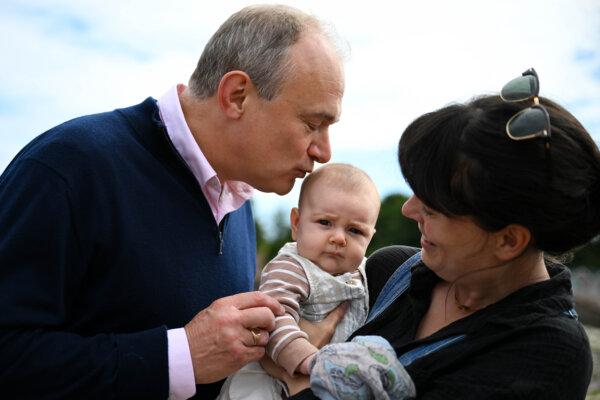
If elected, Labour is promising more than 1,000 new careers advisers in secondary schools and colleges, while the Conservatives are pledging to reform post-16 qualifications by replacing A and T levels with the “Advanced British Standard.”
To make secondary schools “safer” and better able to “function,” Reform is pledging to double the number of places at pupil referral units for pupils excluded for violence and disruption.
Higher Education
Arguably the most radical pledge in the Conservative manifesto is to bring back mandatory national service for 18-year-olds, who would be required either to enrol in the military for a year or spend one weekend every month volunteering in their community.The Tories are pledging 100,000 new apprenticeships by 2029, which they say can be funded by scrapping “poor quality” degrees.
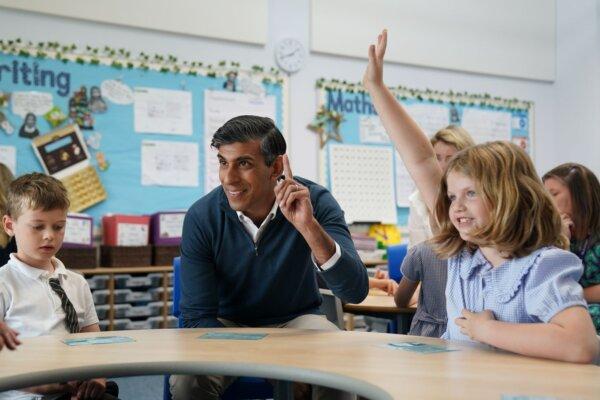
While Labour has dropped its 2019 pledge to scrap tuition fees altogether, the Lib Dems are pledging to restore maintenance grants for “disadvantaged” university students and to give every adult a £10,000 education and training allowance.
Sir Keir is proposing to “reform” the student loan repayment system to make it “fairer,” with the manifesto saying one option would be a “month-on-month tax cut” for graduates.
Sir Ed has pledged to return the UK to the Erasmus Plus programme to allow students to study and work in the European Union once again, as an associated country.
Labour’s industrial strategy will aim to guarantee that all 18- to 21-year-olds not in higher education are in some form of training or apprenticeship, or are given support to find work.
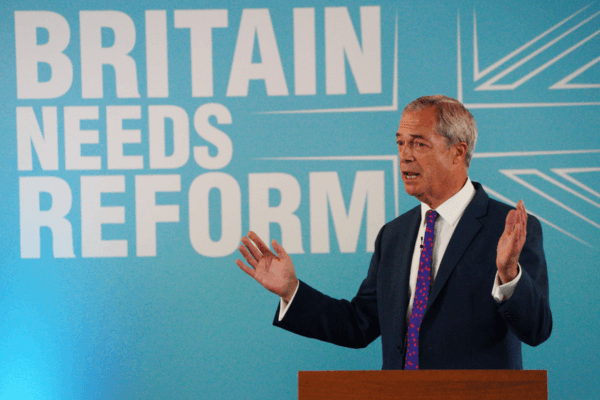
Like the Conservatives, Reform is pledging to reduce the number of “poor quality” university degrees, although no detail is offered on numbers. Its manifesto says the party would compel universities to offer two-year courses to reduce student debt, while it would look to scrap interest and extend the repayment period for student loans to 45 years.
In a pledge appealing to the growing backlash against cancel culture, Mr. Farage is also promising to cut funding to universities that engage in the suppression of free speech.
The Lib Dems are pledging to increase both school and college funding per pupil above the rate of inflation each year, while the Greens say they would aim to restore student grants and scrap undergraduate tuition fees.
